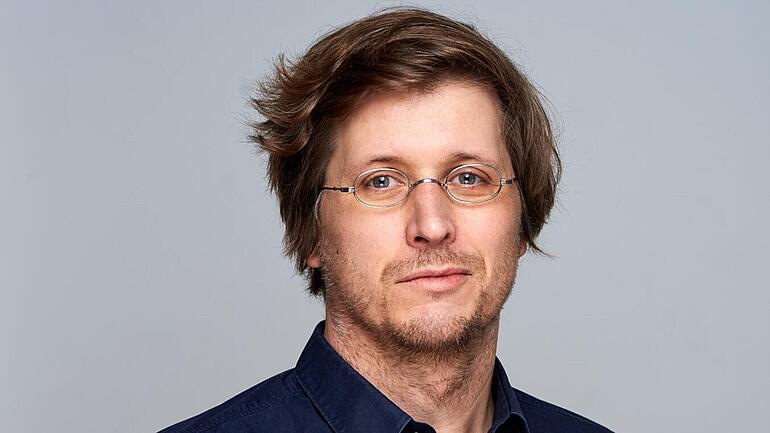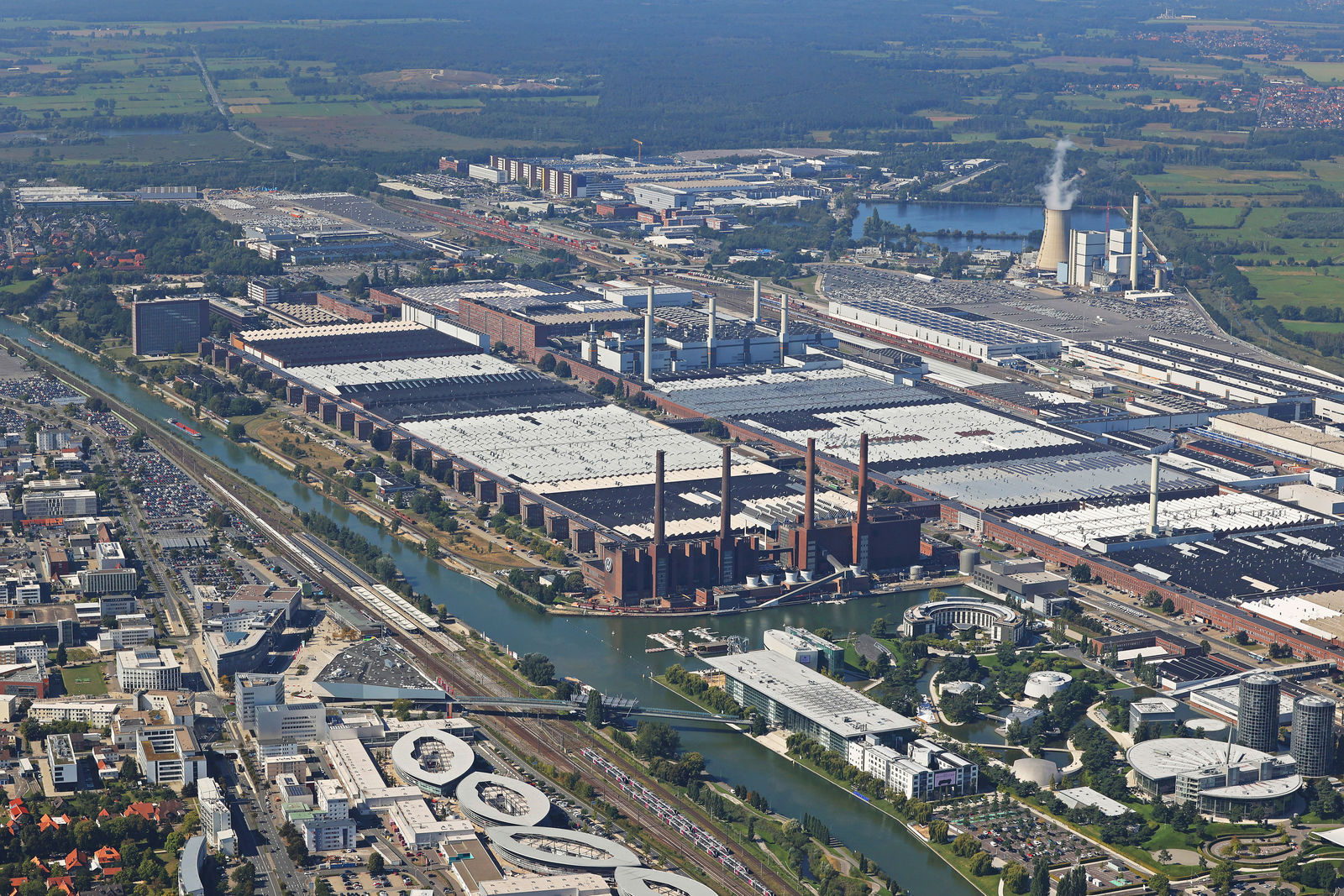Economist Moritz Schularick warns that Volkswagen’s recent cost-cutting measures reflect a broader shift in the German auto industry. He cautions against political interventions as the industry undergoes necessary structural changes.

Volkswagen’s cost-cutting measures raise concerns
Volkswagen has announced a stricter cost-cutting plan aimed at saving billions of euros, which may lead to significant changes within the company. The management has indicated that a job guarantee for six German plants, which was supposed to last until 2029, may be revoked. Additionally, the possibility of layoffs and even the closure of a plant is no longer ruled out. The announcement has been described as a breaking of taboos, sparking outrage from IG Metall, Germany’s largest industrial union.
Volkswagen’s situation is particularly sensitive for the Social Democratic Party (SPD), as the state of Lower Saxony holds a stake in the company. Lower Saxony’s Minister-President, Stephan Weil, who is also a member of Volkswagen’s supervisory board, acknowledged the need for action but expressed hope that plant closures could be avoided by exploring alternatives. The involvement of other prominent SPD figures, such as Federal Labor Minister Hubertus Heil and Chancellor Olaf Scholz, who have strong ties to Lower Saxony, underscores the political implications of Volkswagen’s restructuring plans.
Schularick’s perspective on the industry’s transformation
Economist Moritz Schularick, president of the Kiel Institute for the World Economy, views Volkswagen’s cost-cutting measures as the beginning of an inevitable transformation in the German auto industry. He believes that not all German car manufacturers will survive the decade in their current form, and that the restructuring we are witnessing now is just the start. Schularick has consistently argued that the German economy can no longer rely on its traditional economic model and must adapt to new realities.

Schularick opposes political intervention in the restructuring process, arguing that it is crucial to allow the industry to evolve without hindrance. He points out that emerging sectors, such as the defense industry, are in desperate need of workers, suggesting that the workforce could be redirected to these growing areas. His call for a hands-off approach is likely to clash with views in the Chancellor’s Office, the Federal Ministry for Economic Affairs, and the Lower Saxony State Chancellery, where there may be a stronger inclination to preserve existing structures.
Conclusion
As Volkswagen faces tough decisions in response to economic pressures, the company’s actions may signal the start of a larger shift within the German auto industry. While political leaders grapple with the potential impact on jobs and communities, economists like Schularick argue for embracing change and allowing the industry to transform without interference. The unfolding situation at Volkswagen could be a critical moment for both the company and the broader industry.









